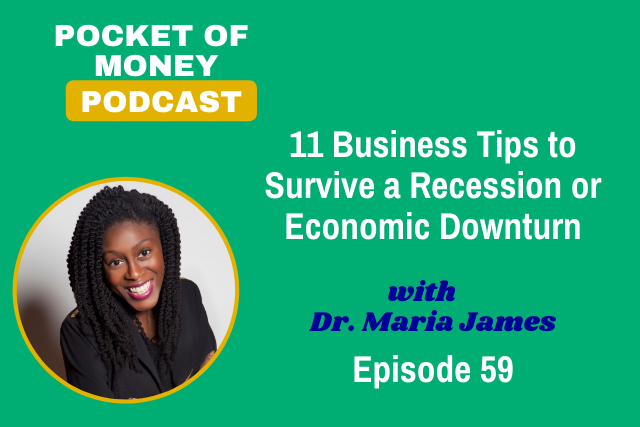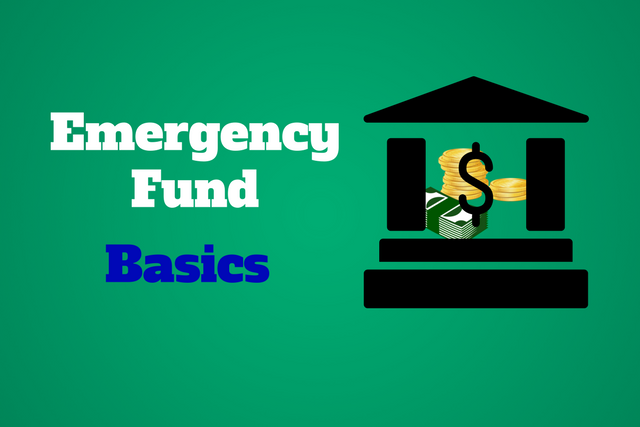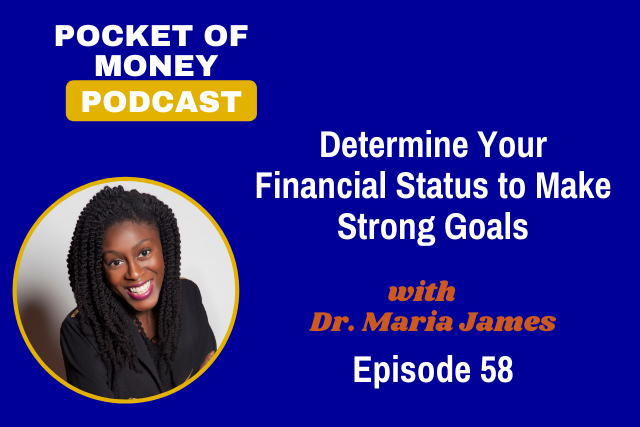3 Money Moves to Make Right Now for Financial Stability

There has been a lot of discussion in general and among finance experts about the best money moves to make right now.
We are reflecting on if there needs to be changes in the advice given. Should the rules stay the same or should they change?
As we adjust to a new normal these are things that we really must consider. Many people have been set back on their financial progress. Over 47 million Americans have filed for unemployment in the last three months. While others are thriving and making more progress than ever.
I had discussions with several entrepreneurs who have had their best revenue months ever the last couple of months. I have also spoken to entrepreneurs who are trying to weather the storm as their revenue has fallen to zero.
There has been a large shift in the amount of people who have moved forward or backwards on the financial stability scale. For either individual that means you may be playing with a new set of rules, well rules that are new to you.
The financial advice pretty much stays the same. You have to use what is most applicable to your current situation.
Here are three money moves that each of us should be making no matter where we are on the financial stability scale.
1) Design a survival budget.
You should be aware of what the bare-bones numbers are for your household budget as well as your business budget for entrepreneurs. This budget includes only the items needed to survive, e.g. shelter (mortgage, rent), food, car to get to and from work.
Any extra expenses are removed. These fall into the wants category, things that are not needed for survival. Usually you can find subscriptions and entertainment expenses to cut.
For all expenses on your budget, also analyze if they can be decreased. For example, if the food budget includes $200 for restaurants and $200 for groceries, the restaurants amount could be decreased or removed altogether for a short time.
Periodically go through your personal and business expenses with a fine-toothed comb and ask the questions “Is this an essential expense? Can I use something else to accomplish this at a lower investment?”
Here are some resources that will help you craft a successful budget:
How I Decreased My Food Budget by 79% – This explains the actions I took to cut my food budget down.
FREE Money Management Toolkit – This includes a budget template and five other powerful tools.
Budgeting to Reach Financial Goals – This ebook explains how to design a budget, save money consistently and raise your credit score.
Successful Budget Toolkit – This toolkit contains 10 resources and ready-made budget templates to design a powerful budget.
2) Create an emergency fund for the household and the business.
This staple isn’t going anywhere and has proven to be more important than ever. After creating your bare-bones budget, look at how much money you have saved and how many months it would last.
The current times have definitely hammered home the importance of an emergency fund. I recommend that you set aside 6 to 9 months’ worth of bills. If you are an entrepreneur, increase it to 12 to 18 months’ worth of bills.
Being able to survive for 12 months on nothing but savings is what allowed me to not become a failure statistic when I first started my business.
If you’ve been set back during these times, then file this away as a to do money goal. Continue working on pivoting your business to increase your revenue.
If your business is thriving during these times, then get started on this immediately. Designate a percent of your profit to go to your operations fund a.k.a. business emergency fund.
In the short term, find more money to put towards an emergency fund by:
- Calling your loan lenders and asking them to pause payments. Several have COVID-19 deferment or forbearance options in addition to the regular options.
- Pausing contributions to investments. I know with investments you can’t get that time back. However, if you need the cash on hand this is an option.
Ask yourself where you can find money in your current budget that can be shifted to saving. What can you give up for a couple months and save the money instead? What can you sell and save the money? Get creative.
3) Earn more money.
It’s impossible to save, pay down debt, or invest in your side hustle/business if you have no or significantly lower income. Work on pivoting to increase income a.k.a. earn more money. Even if things have remained the same for you work on earning more money.
This can be easier said than done. However, technology and a robust gig economy allows you to easily join an established platform as a freelancer or start your own business.
If you already have a business, then you’re ahead of the game. A business is a key component to earning more money.
Look at jobs posted on establish platforms and have conversations to get even more clarity on what people need right now. People are still hiring or booking freelancers. I recently published my book The Brave Entrepreneur’s Desk and hired an editor and graphic designer.
Use your skills to be a freelancer. I found my book editor on Upwork. I found the designer on Fiverr to create the files for my book jacket.
People who are teaching English online are still bringing in hundreds/thousands of dollars per month. Tutoring is also picking up steam right now.
In my book WISE Money Challenge, I list over 100 sites for side hustles and freelancing. There are a lot of options in different fields.
As a freelancer or solopreneur, it’s much easier for you to pivot to cater to your audience and keep revenue flowing. It is easier for you to shift in order to keep growing.
Another Resource: Networking is still the gold standard to get customers and profitable partnerships. Check out a virtual Brave Entrepreneur Un-networking Bash. Dynamic virtual networking structured to excellently position your brand, get leads, and create profitable partnerships.





